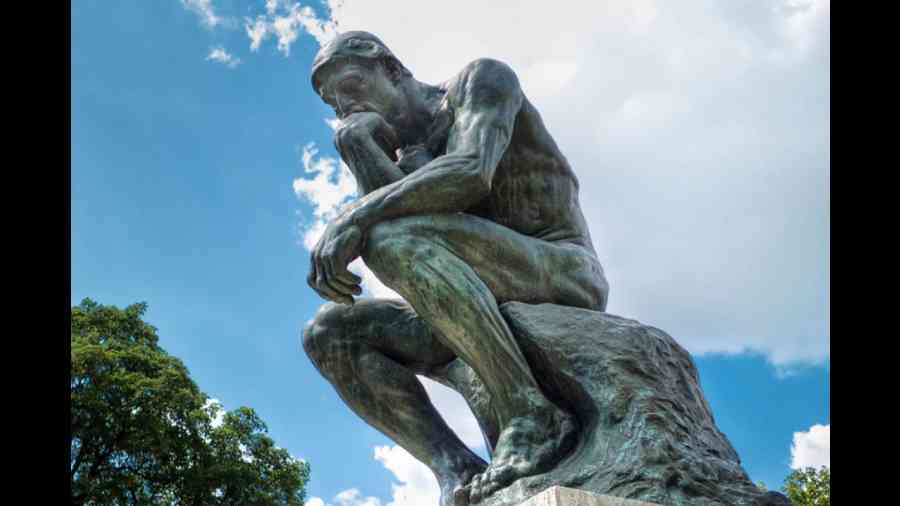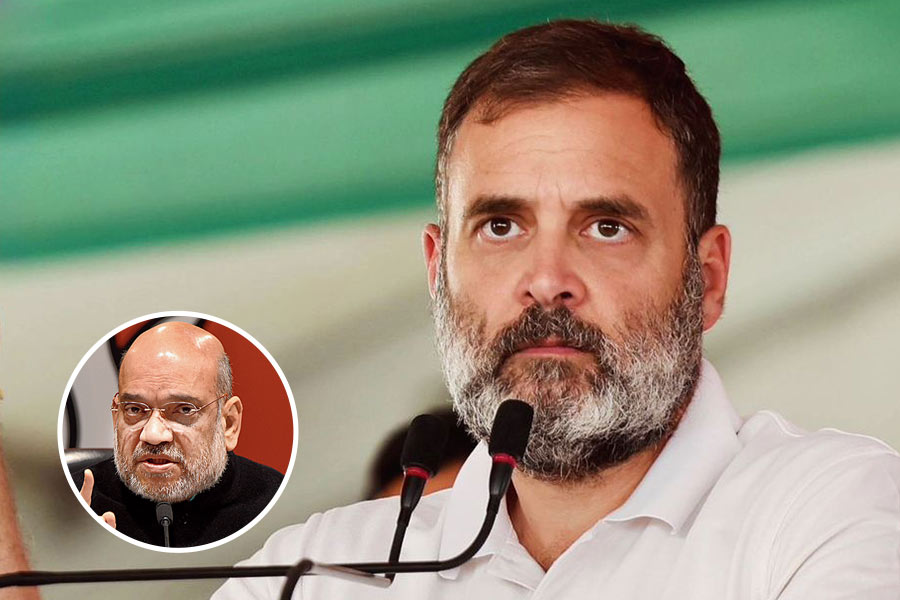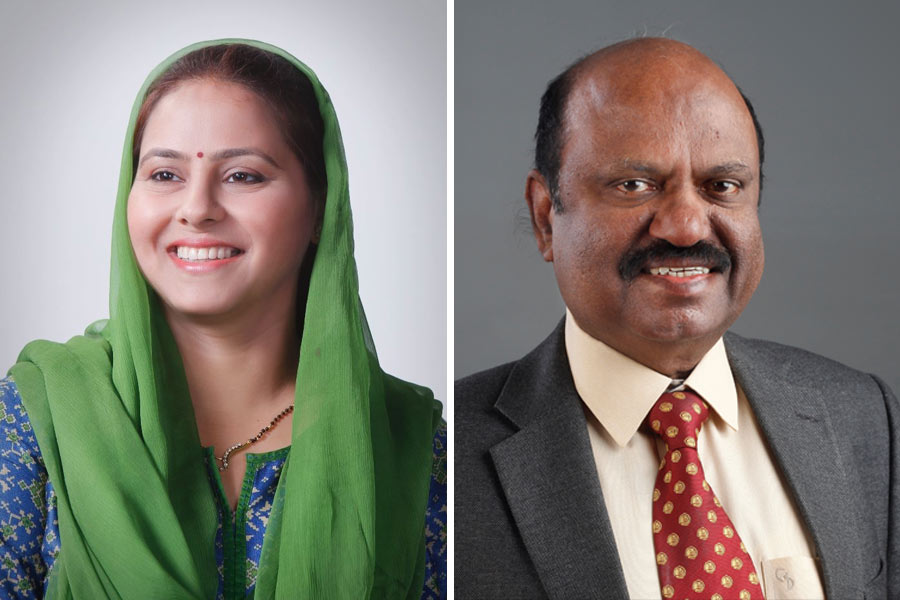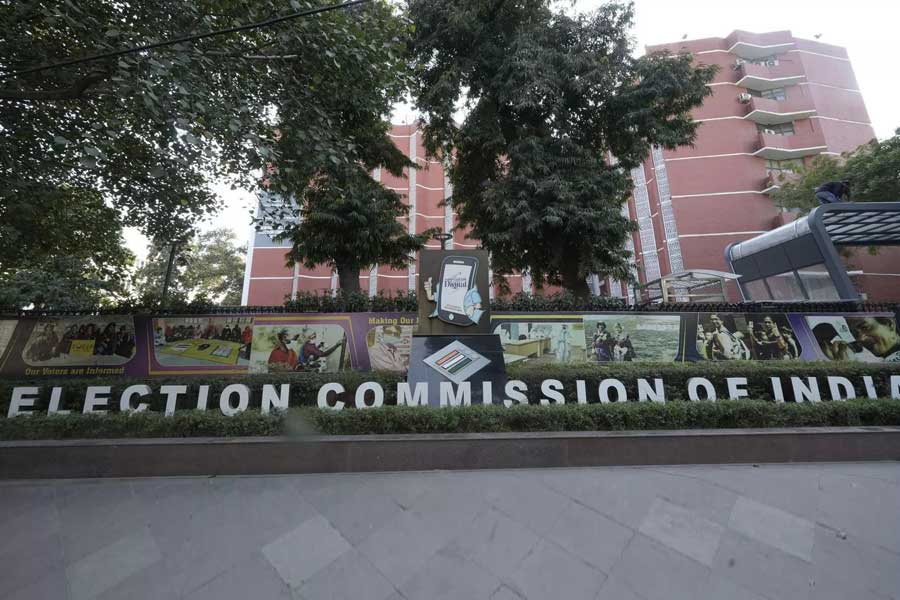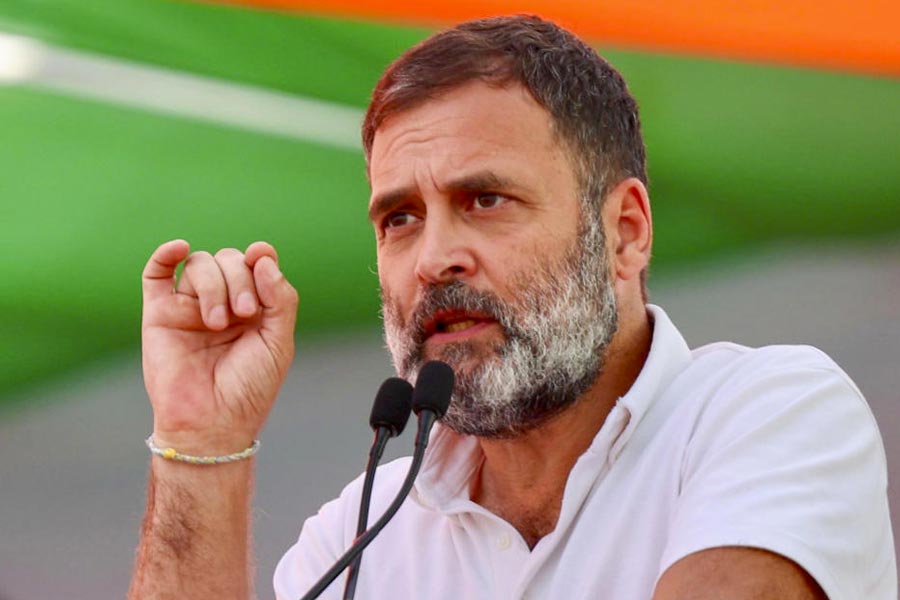I sat down to write a column on the breakneck nature of our thoughts and actions. Using the convenient excuse of a hurried lifestyle and a zillion things that need to get done immediately, we have reduced our lives to a series of Instagram stories. But before I could type even one word, my Twitter feed informed me that the National Council of Educational Research and Training has, among other things, decided to drastically reduce the content on the Mughal empire as well as erase references to the 2002 Gujarat riots and the Government of India’s ban on the Rashtriya Swayamsevak Sangh after the assassination of M.K. Gandhi from its textbooks. Though these two subjects seem disparate, they are indeed connected.
The forced reduction of time, space and place is a form of violence; an oppressive act perpetrated by a powerful group on the rest of society. They convince us through multivarious methods, such as coercion, inducement, advertisement and the removal of other choices, that limited comprehension and expression is the best way forward. Whether it is word, song, movement or speech, we are forced to comply with this new social regulation. There is another surreptitiousact these dominants indulge in. They parallelly choreograph the content that we interact with.We are not even aware that our minds and hearts are being bent towards a pre-ordained directionand, consequently, weaned away from many invaluable aspects of knowledge. After a point of time, even if someone points to that light at the end of our normaliseddark tunnel, we do not want to go towards it. We have bought into dingy, narrow darkness as the complete truth and hate whatever lies in the light.
The erasures and manipulations in our textbooks are similar acts of oppression. They intend to not only teach a skewed version of history but also instil anger and hatred by acts of omission and commission. We have not as yet seen the fine print of the changes implemented by the NCERT but the overarching intention is the flattening of history. Detailing and interpretations may have been replaced with stony words that force only one kind of understanding. This form of tyranny is not merely intentional a-historicity; it instils dislike of certain groups of people and the adulation of another set of people. It narrows the minds of the young and their ability to absorb complexity and nuance remains undeveloped.
This is a summation of our social life — straightjacketed, quick, ultra-sure with no room for doubt. We have lost the ability to pay attention quietly, wait for a story to unravel, and leisure is a rarely-used word. Everyone is boxed into one category, judged and convicted. The rush to know, to propagate and win over is destroying learning. We do not want the truth to lie in the grey. Any learning that implores us to question is tainted with conspiracy theories. It is in this environment that these alterations to school learning need to be seen. This is not a ‘right’ takeover of leftist history lessons as is being portrayed. This is intellectual treachery. But one will notice that the outrage from the public is limited to certain circles. Many do not see a problem with any of this not only because it fits into a political agenda but also because, on a deeper level, it is easy and mindless. Once we are programmed to this form of living, the flow of poison in our midst is rapid.
The worlds of art, sport and literature have all succumbed to this virus. Writers pen ‘engaged’ pieces on complex issues in six hundred words. Musicians are obsessed with producing titillating reels. Actors are always on the move; cinema is about action and sport, sound and fury. The commonality in all these trends is noise and clutter. There is so much happening in a limited amount of time. The din forces you to only consume the mega-picture, mega-sound or mega-narrative. The interior agendas go unnoticed, the lack of depth is ignored, irrationality justified, and angry and frenzied celebration the norm.
It is a reality that we have limited time and, hence, seek quick, sound-bite learnings and experiences. The reduction of time is also not a new phenomenon. Over a century, changes in occupation and socio-economic needs have quickened life and we have adapted. Therefore, some may ask where is the problem. The issue I am pointing to is not the measure of time in minutes and hours. It is about what occurs within a given space and time; the feeling in time, the space that it provides. A writer being forced to say something that cannot be said within a seven-hundred-word spatial boundary is the issue. Every field of work operates within different time blocks. I could sing for ten minutes or for two hours. But what I do qualitatively within both those durational limits needs to be observed. Irrespective of the duration of time, we must be able to find the calm needed for giving and receiving. Critical thought grows out of such a mind. The intention of technological tools that have become intermediaries to our social interactions is to negate the possibility for such mindfulness. When we are unmindful, we are hateful. It is important for us to consider socio-techno mores when we critique cultural abominations because the two are Siamese twins.
Brevity is not the removal of nuance or complexity. In fact, it is quite the opposite. Haikus and the Thirukkurals are brief but allow for various forms of understanding, discussion and critique. When little is said, danced, expressed or suggested in a layered manner, something profound and subtle blooms. Brevity is limited in time and space but infinite in what it offers. What we are experiencing today is not brevity but the nullification of depth and expanse. As much as I philosophise this struggle, the fact remains that I am a part of this new self-validating mechanism. I am not asking all of us to give up our present ways of interaction. But we must fight the forcible restriction of time, space and thought. All of life’s learnings cannot be force fitted into a rapid-fire question-and-answer format. Even more significantly, human beings must be able to respond in a manner and duration of their choosing. Diversity exists only when this space is provided. When we shrink time and space, we homogenise.
It is not enough if we raise the protest banner when we notice infringements that our present political dispensation is effectively pushing through. We must realise that we are active contributors to this environment that encourages uniformity. At our homes, schools, work places, and public life, we must consciously break this norm and provide room for thoughtfulness, intent, pause and quiet. This cannot replace the demands of urgent resistance. But it will help build a society that will not cyclically fall into the trap laid by bigots who work both as technocrats and politicians.
T.M. Krishna is a leading Indian musician and a prominent public intellectual

